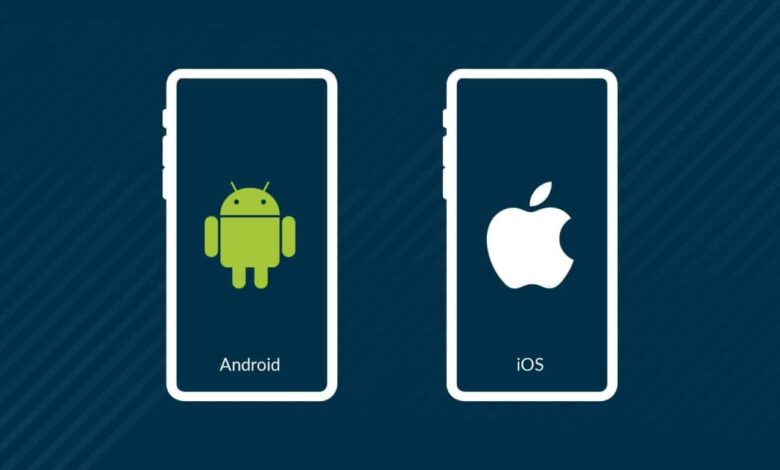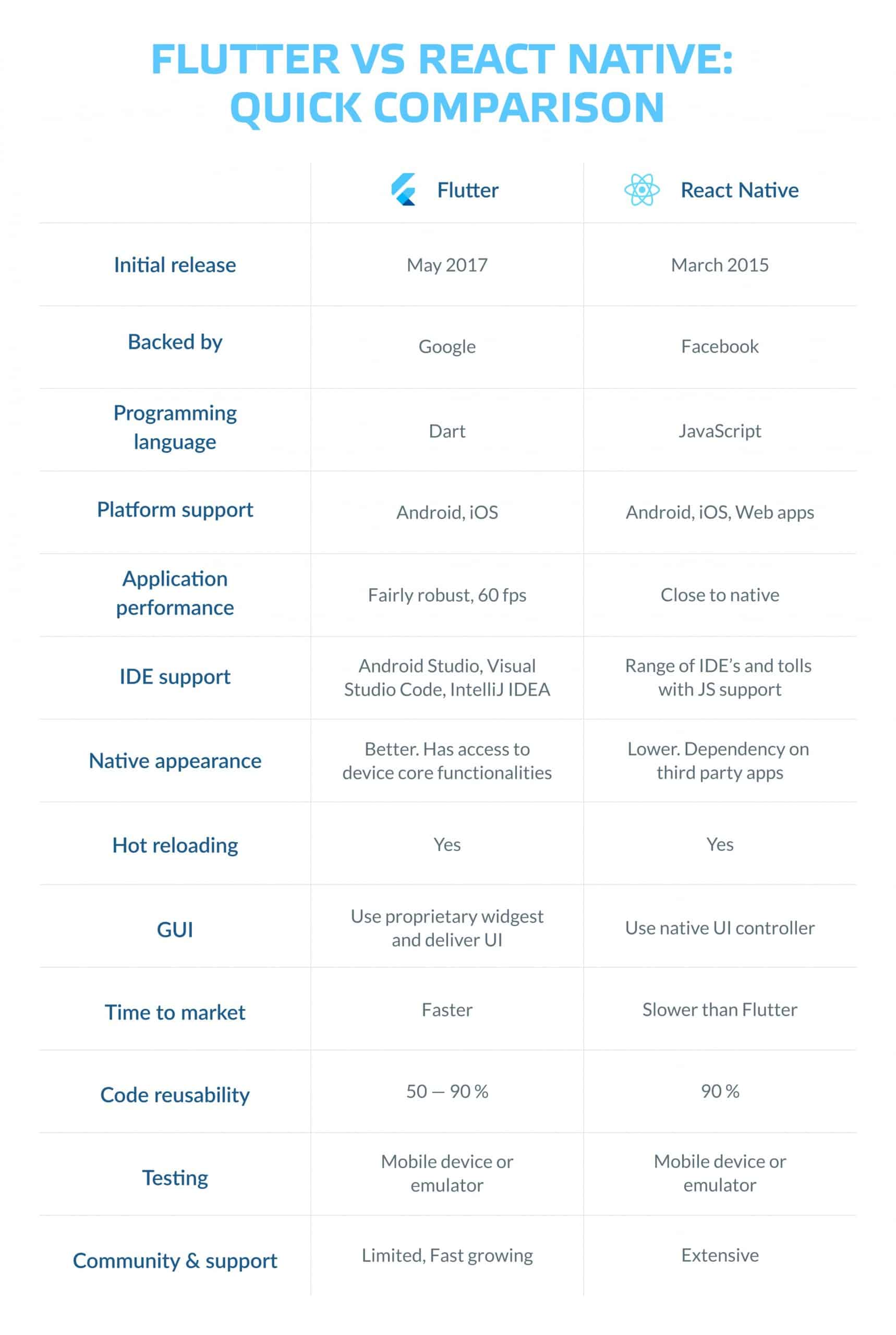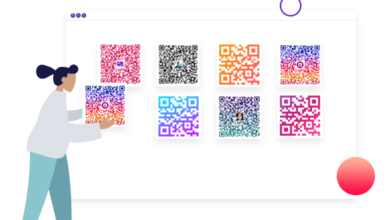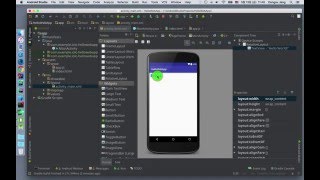How to Make an App for Both iPhone and Android?

The number of smartphone users is increasing: they have up to 35 apps on their devices at the same time and spend 4.8 hours a day with applications. Businesses need to focus on improving their users’ app experience, and one of the most important first steps before launching a mobile app is choosing how to build it: for iOS, Android, or both at the same time. The article examines both options and weighs the pros and cons of each.

Reading: How to create an app compatible with android and iphone
Today, Android is the leading operating system on the market, occupying almost 73% of the market share, while iOS occupies only that one 26.4%. Hence, these platforms are widely used to build apps and keep potential customers happy. To enhance and leverage your business, the app can be developed for both Android and iOS and there are two types of apps to consider – a cross-platform app and a native app. See also tips for successful app development.
Cross-platform application development
Cross-platform applications are applications that are specifically designed to run on a small number of mobile device platforms. For example, in order not to develop the app separately for the two platforms and adapt to the needs and possibilities of Android and iOS, which takes more time and is 100% more expensive, a good solution is to provide an app that adapts to adapting to each platform is provided.
There are a number of ways to create cross-platform Android and iOS applications. For example
Flutter
It’s a mobile UI framework offered by Google that makes it possible to build native iOS and Android apps on both platforms by using a single code base quickly and easy to use is expressive.
Well-known examples of cross-platform mobile applications are: Google Ads, eBay Motors, The New York Times and My BMW App.
Flutter is developed with Dart – a programming language also proposed by Google. Dart compiles Flutter into native code, while Flutter uses the Skia graphics engine to draw UI components from scratch. With Skia the most complex animation will work quickly.
Dart has features of both static and dynamic languages. And for those who know Java, Swift and C#, it will be easier to switch to Flutter. Introduction to Dart for Java Developers can help Java developers learn Dart.

See also: Creating a blog from scratch with PHP
source: medium
React Native
It is a successful cross-platform solution released by Facebook. It allows writing code in JavaScript that feels “native”. React Native is not only used to build cross-platform mobile applications with client-centric UI/UX, but also enables AR and VR capabilities.
Well-known examples of apps built with React Native are: Instagram, Skype , and Airbnb
React Native uses JavaScript as a programming language and was developed to deliver Android, iOS and web applications. It offers a platform-specific UI that feels native, has reusable code and a swappable, customizable modular architecture, has a simple and seamless UX, allows cross-platform apps to run on the web too, requires optimal performance, has a beehive, and is hot reload function, is cost and time efficient, has a well-developed ecosystem and a large, mature community. Learn more here – Native vs. Cross-Platform Mobile Development.
You can see a full comparison of Flutter vs. React Native in the table below.

Thinking Cost them a mobile app design to be successful!
Myths about cross-platform app development
Multiplatform technology is always evolving, but the cross-platform Development is still full of clichés, so let’s try to debug them.
Cross-platform apps perform worse
This misconception has been considered one of the disadvantages of multi-platform applications . However, the performance of the final product depends on the tools used during development. The latest cross-platform frameworks provide all the necessary tools to develop apps as if you were writing them natively.
Cross-platform frameworks are less secure
Also believe that native apps are are more reliable? Using modern cross-platform development tools, engineers create secure apps that ensure privacy.
See also: How to Start a Nonprofit Blog
Multiplatform technology is constantly evolving, but cross-platform development is still full of clichés, so let’s try to debug it.
Multiplatform technology is constantly evolving.
p>
It is difficult to manage cross-platform projects
From our experience we can say that cross-platform solutions Help manage resources more effectively: Development teams ( Android and iOS ) achieve high efficiency by interacting with each other and learning to write and reuse shared code.
Native application development
Native applications are developed for a specific operating system or device. Therefore, software development distinguishes native Android from native iOS applications. Depending on the operating system, applications are usually coded in a specific programming language:
- Native Android developers use Java and Kotlin as the core of their app.
- iOS engineers will use Swift and Objective-C.
Native app development offers high performance and 100% access to Android and iOS hardware. Therefore, HD games and complex animation apps are better off being native, since they get access to local files and hardware and run faster and smoother. It takes longer to build a native app, but you never have to worry about quality and user experience. Check out our custom Android app development service!
List of well-known examples of native mobile apps includes: Google Maps, Pinterest, Spotify and WhatsApp
Comparison of cross-platform vs native application development
Check out a comparison of cross platform vs native apps with all the pros and cons of each software development technology.
 Factors to consider before choosing an approach
Factors to consider before choosing an approach
Before making a decision about the technology To create a cross-platform app for both Android and iOS platforms, consider the following factors:
- Effort – Creating a cross-platform application requires less software development effort than building it a native app for each platform.
- Time– If you need an MVP app ASAP, consider cross-platform development. You don’t have to work on two versions of the app. Instead, it only takes a single development cycle for an app to be released for Android and iOS.
- Time – if you need an MVP app ASAP, then pull it considering -platform development. You don’t have to work on two versions of the app. Instead, only a single development cycle is required for an app to be released for both Android and iOS.
- Complexity – if you want an app to simply display information from the network, cross-platform development is your choice . If access to low-level API is required, native development.
- Price – Building an app for two platforms is cheaper than building two native ones: you can use up to Save 30%. since only a single codebase is created for an app that works on both Android and iOS. However, it still depends on your app’s capabilities, so it’s best to consult an expert.
- Functions – if you don’t need to use native capabilities of Android or iOS platforms, a cross-platform solution is the best option. However, if you want and need these features in development, you should consider building a native app for each of the platforms.
- Updates – a cross-platform app needs complex testing and testing will update process as the app needs maintenance to work appropriately on multiple platforms. However, you need to maintain an app. Frequent updates will be a bit easier in native apps, but here you need to update two apps at the same time to improve user experience.
- UI/UX – native development makes for more impressive graphics and experience. Cross-platform restricts the UI/UX element of the app.
What is the cost of designing an app?
Final Thoughts
Each solution has its strengths and weaknesses. The final decision to go with native or cross-platform development depends on your business needs, project goals and end user.
Here comes a trusted software development partner with experience in application development services & solutions. A mobile app development team of certified engineers analyzes customers’ requirements and offers best-in-class solutions. Don’t hesitate to contact us to discuss your idea!
See also: Email Addresses: Creating Your Own Email with Gmail Any Domain Name
.




